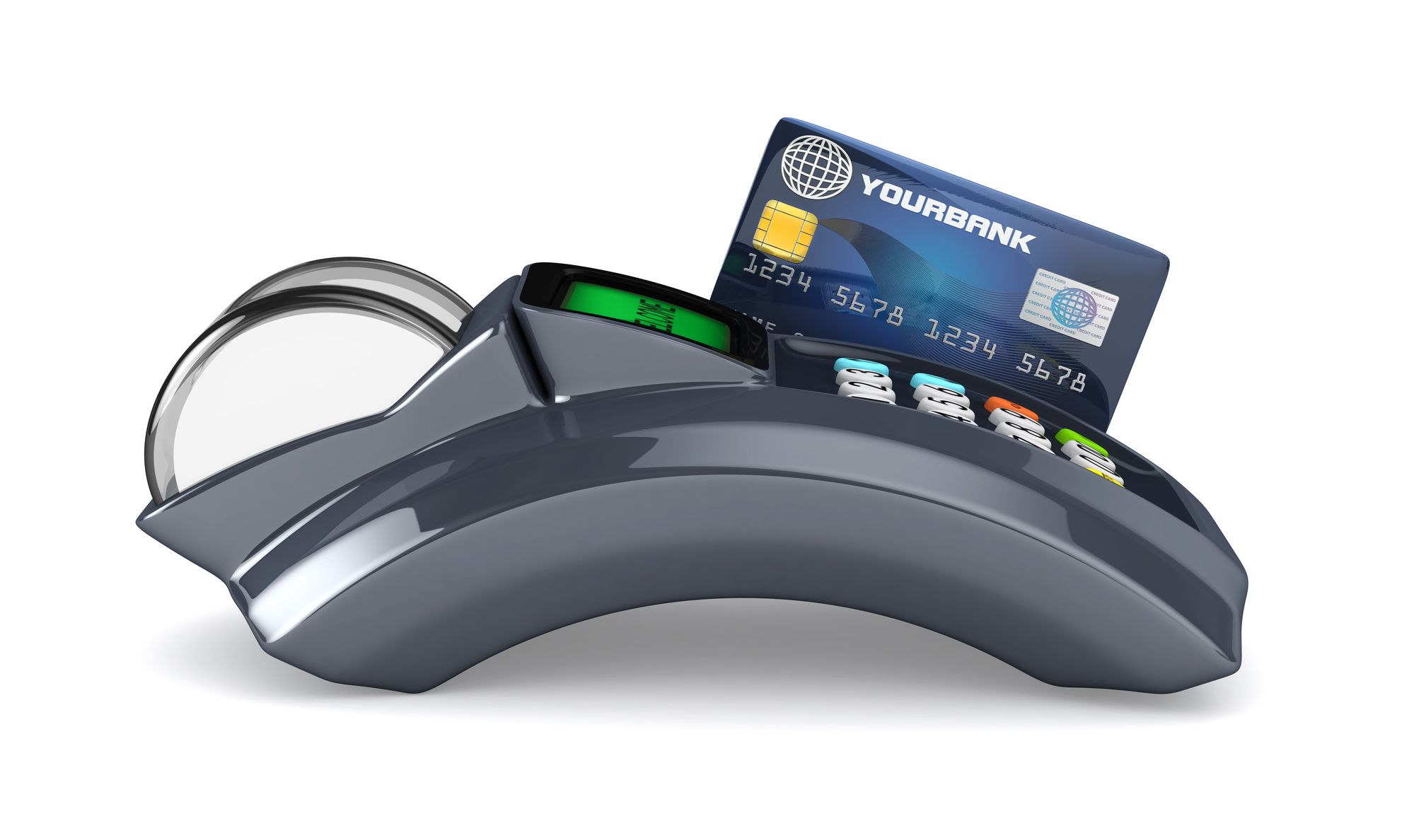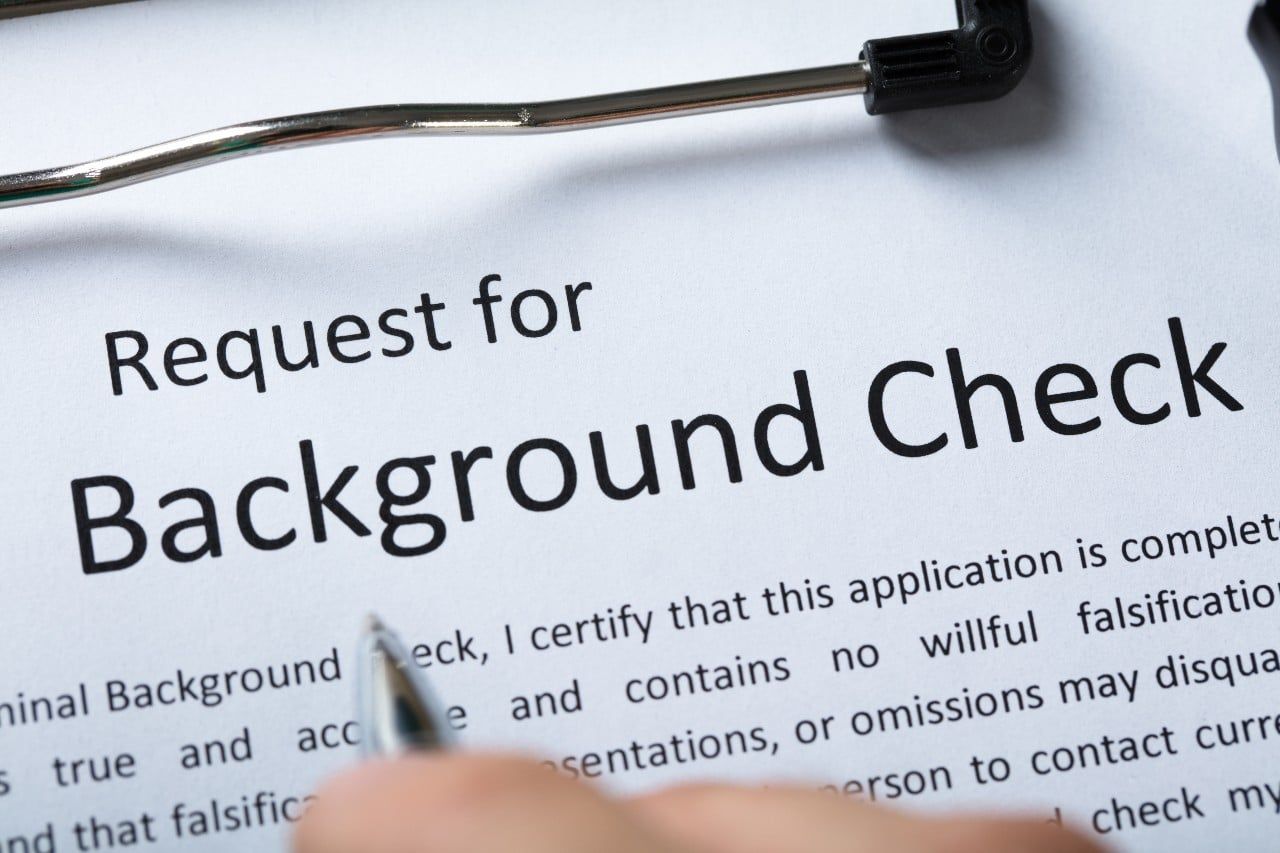 FACTA, also known as the Fair and Accurate Credit Transactions Act, is an amendment to the Fair Credit Reporting Act, or FCRA. It was added to protect consumers from identity theft. It stipulates certain restraints and requirements of consumer information that can be shared to ensure privacy and includes several credit card receipt laws.
FACTA, also known as the Fair and Accurate Credit Transactions Act, is an amendment to the Fair Credit Reporting Act, or FCRA. It was added to protect consumers from identity theft. It stipulates certain restraints and requirements of consumer information that can be shared to ensure privacy and includes several credit card receipt laws.
There are three pronounced requirements ensured under the FACTA. One is that the three major credit reporting agencies (Equifax, Experian, and TransUnion) must provide a consumers’ credit report if asked by the consumer without charge.
Secondly, FACTA privacy protections include the consumers’ ability to place a warning or signal on their file if they feel like they are being victims of fraudulent activity.
Third, FACTA privacy protections also govern systems that print consumer purchase receipts through PAN truncation, where a consumers’ full account number must never be viewable on the receipt.
PAN (primary account number) truncation is the technology used that prevents most of the numbers on debit cards, credit cards, and bank account numbers from appearing on consumer purchase receipts.
PAN truncation, becoming nearly universal in recent years, prevents identity theft from being carried out from the use of consumer purchase receipts. This is in the case that receipts printed are lost or carelessly discarded. PAN truncation, in many jurisdictions, has also been mandated by the government.
FACTA privacy protections include amendments and credit card receipt laws that were enacted in 2003 to help preclude the likelihood of identity theft and to inevitably control the way retailers and merchants disclose consumer information.
The FACTA states that “no person that accepts credit cards or debit cards for the transaction of business shall print more than the last 5 digits of the card number or the expiration date upon any receipt provided to the cardholder at the point of the sale or transaction.”
FACTA privacy protections protect consumers against fraud and identity theft that can occur when someone is able to steal credit card information from a consumer’s purchase receipt. FACTA protects consumers by disallowing merchants to include any parts of the card number on the receipt other than the last 5 digits.
Most credit card accounts are recognized by a sequence of 16 numbers in four groups of four numbers. PAN truncation only allows the last set of four numbers to appear on the printed consumer receipt.
Additionally, wildcard characters, usually asterisks (*) are replaced to cover the first three groups of numbers.
To identify the purchase, moreover, a buyer may identify the transaction by looking at the information that is contained on the receipt. Such information includes the name and store location, the item purchased, the amount of each item, tax, and date and time.
Other FACTA privacy protections and credit card receipt laws also include a restraint on merchants to include any parts of a consumer’s credit card expiration date on a purchase receipt.
Some examples of violations of the FACTA and credit card receipt laws pertaining to card expiration dates are: EXP: 03/17, EXP 03/2017, or EXP 032017, Exp. Date 03/**, and Exp. **/17.
Adding any part of a consumer’s expiration date is prohibited under FACTA privacy protections and credit card receipt laws.
Free FACTA Class Action Lawsuit Investigation
If you made one or more purchases and the retailer provided you with a receipt that contained more than the last five digits of your credit or debit card number or the expiration date, you may be eligible for a free class action lawsuit investigation and to pursue compensation for these FACTA violations.
ATTORNEY ADVERTISING
Top Class Actions is a Proud Member of the American Bar Association
LEGAL INFORMATION IS NOT LEGAL ADVICE
Top Class Actions Legal Statement
©2008 – 2025 Top Class Actions® LLC
Various Trademarks held by their respective owners
This website is not intended for viewing or usage by European Union citizens.














